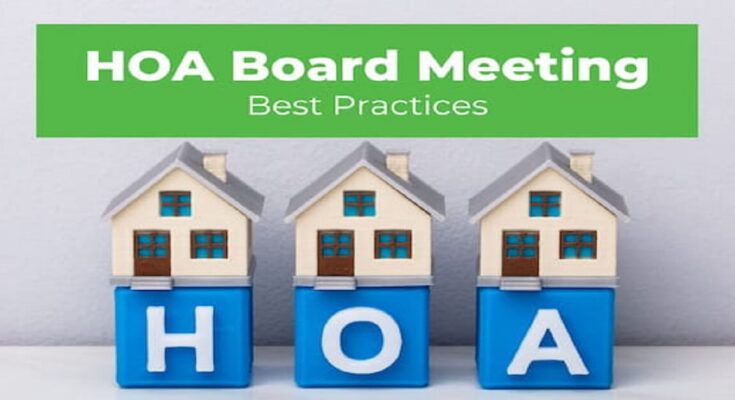Pets are often regarded as a part of the family, but they can also damage common areas and lower property values. HOA management and volunteer directors should put rules in place to protect the value of homes and common areas. These rules should accommodate the needs of pet owners in the community where possible.
Why Your HOA Should Have Pet Policies
While many people find that having pets improves the quality of their lifestyle, their neighbors may not appreciate having pets nearby. Dogs are noted for their potential to damage property and disturb neighbors, but they aren’t the only pets that can become a nuisance.
An HOA needs to have rules about pets that accommodate pet owners and their neighbors.
5 Common HOA Requirements for Pet Owners
Actual rules vary from HOA to HOA. Some associations ban pets completely while others establish rules that address the following concerns:
Pet Registration
Many HOAs require pet owners to register their pets with the HOA. Keeping an accurate list of pets living in the community has many advantages. It allows the association directors to follow up on the pet’s needs. Knowing whether or not the pet has been neutered and adequately vaccinated is a legitimate concern for the community and its managers. A registry of community pets is also helpful if a pet ever becomes lost.
Read Also: Top Things to Know When Picking Cabinet Hardware
Waste Cleanup
Pet waste is one of the major concerns a homeowner’s association may have about the local pets. Pet waste that is not promptly cleaned up is unsightly and odorous, but it can also become a health risk for the community.
Associations often require pet owners to clean up after their pets. Proper pet waste disposal keeps the community’s common areas safe and enjoyable.
HOAs can encourage rule compliance by providing bags and trash cans in convenient locations. It is not unreasonable for an HOA to levy fines for noncompliance.
Pet Noise Management
Pets often make noise. Dogs, in particular, are notorious for barking at night. The residents of a community should have the means to report excessive noise to the HOA directors, but resolving those complaints should begin with bringing concerns to the pet’s owner. Calmly negotiating with the pet owner is usually the best way to reach an amicable and lasting solution to the problem.
Leash Rules
Keeping pets leashed in common areas is another typical requirement. Leashing pets protects the pet and other people in the community. Pets can be harmed if allowed to run loose, and even pets that are usually calm and well-behaved can become aggressive under certain circumstances.
Liability Assignation
HOAs often hold homeowners responsible for their pet’s behavior and their guests’ pets.
Establishing clear liability in the association’s founding documents protects the association if someone’s property is damaged or someone is injured. A clear liability policy also reduces the risk of expensive and time-consuming litigation.
Other Considerations
The preceding five policies are among the most common restrictions HOAs place on pet owners. While rules like these are simple and reasonable, other considerations exist when establishing an association’s pet policies.
Legal Requirements and Restrictions
Local, state, and federal laws must be considered when establishing or updating an association’s pet policies. The Fair Housing Act and the Americans with Disabilities Act limit the restrictions HOAs can place on pet owners. Failing to bring your association’s policies into compliance with these laws can undermine its ability to fulfill its intended role.
Clear Communication
How pet policies are communicate to homeowners is another consideration. Pet policies should be accessible and clearly posted with the association’s other policies. Including a copy of the association rules is a common way to do this. Pet policies should also be publish in a place that will periodically remind homeowners of their responsibilities.
Changes to pet policies should also be communicate to homeowners. After changing the rules, address community questions about the change in a homeowners meeting.
HOA Management Can Help
Establishing a new pet policy or amending an existing one can be daunting. Real estate developers and homeowners interested in forming an association may benefit from consulting with a professional. HOA management services provide knowledge and experience that can help draft documents that meet the community’s needs without being too restrictive of homeowner’s rights.




